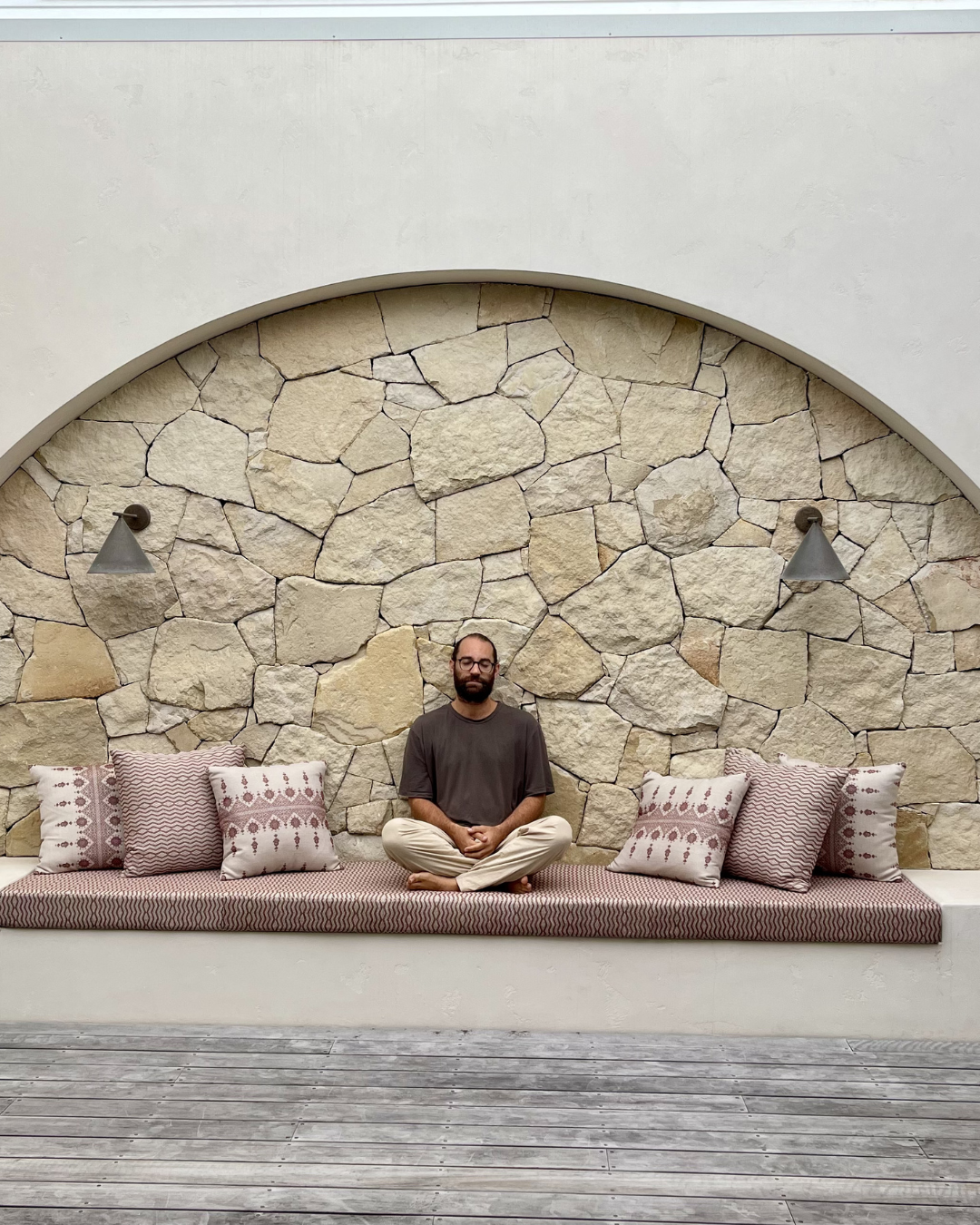Rest As Readiness
Rest As Readiness
After 15 years as a paediatric occupational therapist — and 12 years as a Vedic meditator — I’ve come to see that adaptability isn’t just a mindset. It’s a physiological capacity.
We often talk about resilience or flexibility as if they’re personality traits. But what I’ve seen again and again — especially in neurodivergent children — is that the ability to meet change with openness depends heavily on the state of the nervous system.
When a child is well-supported, regulated, and safe, they’re naturally curious. They explore. They notice beauty in small things. They laugh easily. But take that same child when they’re overtired, overwhelmed, or dysregulated, and even small changes can feel impossible. Their system isn’t “misbehaving” — it simply doesn’t have the capacity to take in more. So it protects.
This is true for all of us. Regardless of age or ability.
When our nervous systems are depleted, we resist change. We cling to what’s familiar, even if it no longer serves us. We grip — not because we don’t know better, but because our physiology isn’t available for anything new.
In my clinical work with children, the focus is often on helping them understand their internal world — learning to notice what they feel, and express it safely.
But for the carers, parents, and educators around them, the invitation is different — though deeply connected to what I guide people through in my meditation teaching: the consistent prioritising of rest. And not the “collapse at the end of the day” kind — but deep, intentional rest that replenishes the nervous system. Because when your cup is full, you’re more available to the moment in front of you, whatever it may be.
Vedic Meditation has a profound role to play here. It’s not about achieving a particular state or controlling the mind. It’s rest — real, physiological rest — that allows the system to soften, restore, and expand its capacity. There’s no effort. No striving.
And when meditators sit to meditate, a quiet curiosity often arises — not forced, but natural — because space has been created for something new.
Yes, it’s just twenty minutes, twice a day. And no, it’s not always comfortable — the mind can be noisy, the body restless. But we don’t meditate for better meditations. We meditate for better lives.
When change is our only constant, adaptability is essential.
And adaptability begins with rest — not as a luxury, but as a basic human need.

